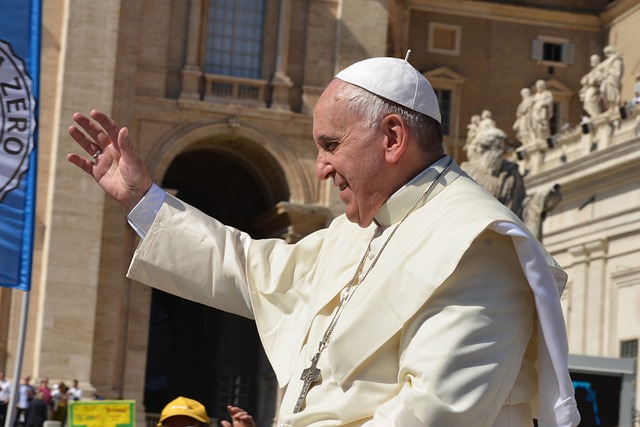Pope Francis: A Life of Faith, Reform, and Compassion
Early Life and Religious Formation
Jorge Mario Bergoglio was born on December 17, 1936, in Buenos Aires, Argentina, to Italian immigrant parents. He grew up in a modest household and developed a deep sense of spirituality and service from a young age. At 21, he entered the Society of Jesus (Jesuits), beginning his theological studies and later earning a master's degree in philosophy. His early years were marked by a commitment to education, pastoral care, and a profound dedication to the Catholic faith.
Climbing the Ecclesiastical Ladder
Bergoglio was ordained a priest in 1969, and over the following decades, he held various positions within the Jesuit order, including Provincial Superior of Argentina. In 1998, he was appointed Archbishop of Buenos Aires and became a cardinal in 2001. Known for his humility, pastoral approach, and focus on social justice, he gained national and international recognition.
Election as Pope
On March 13, 2013, following the resignation of Pope Benedict XVI, Cardinal Bergoglio was elected as the 266th pope of the Roman Catholic Church, taking the name Francis. He was the first Jesuit pope, the first from the Americas, and the first from the Southern Hemisphere. His choice of the name Francis reflected his admiration for St. Francis of Assisi, symbolizing a commitment to poverty and simplicity, humility, and care for the environment.
.jpg)
Image by Gunther Simmercher from Pixabay
A Papacy of Reform and Compassion
Pope Francis's papacy was characterized by a focus on mercy, humility, and social justice. He emphasized the Church's mission to serve the poor and marginalized, advocating for refugees, the homeless, and those affected by economic inequality. His encyclical Laudato Si’ addressed environmental issues, calling for global action against climate change and the protection of God's creation.
He also initiated significant reforms within the Vatican, aiming to increase transparency and accountability. His efforts to address the sexual abuse crisis within the Church marked a significant step towards healing and justice.

Image by Annett Klingner from Pixabay
Health Challenges and Final Years
In early 2025, Pope Francis faced serious health issues, including double pneumonia and bronchitis, which led to hospitalization for several weeks. Despite these challenges, he continued to fulfill his duties, delivering his Easter Sunday blessing on April 20, 2025, and meeting with dignitaries such as King Charles and U.S. Vice President J.D. Vance. However, his health continued to decline, and on April 21, 2025, he passed away at the age of 88 at his residence in the Vatican's Casa Santa Marta.
Legacy
Pope Francis's death marks the end of a transformative era for the Catholic Church. His legacy is one of compassion. He leaves behind a Church that is more attuned to the needs of the poor and a world that has been challenged to consider the dignity of every human being. His influence extended beyond religious circles, inspiring individuals and leaders worldwide to pursue justice, peace, and stewardship of the Earth.
As the Church prepares to elect a new pope, Pope Francis's life and papacy will continue to serve as a beacon of hope and a call to action for all who seek to live out the Gospel's message in the modern world.